
Finding protective supplies during the pandemic has been a struggle. One of the hardest-hit products is hand sanitizer, which most of us rely on to make our trips outside the home safer. But the skyrocketing demand for this simple product has made it unavailable at times, or at least much more expensive than it used to be. Health Canada has attempted to make it more available for Canadians by relaxing some requirements and working with suppliers to enhance the supply chain of raw ingredients. Unfortunately, this has led to some sanitizers going on the market with potentially unsafe ingredients, so Health Canada has issued recalls. What does this mean for the public, and those who want to keep our hands free of dangerous germs?
Hand sanitizers are usually based on a simple formula – some alcohol (either ethanol or isopropanol) as the active ingredient, a little hydrogen peroxide and glycerol, a thick, non-toxic liquid to make the alcohol gel. Unfortunately, due to the skyrocketing demand, pharmaceutical-grade (USP-grade) ethanol and isopropanol have become hard for manufacturers to obtain, and expensive when they can be sourced. So Health Canada changed the rules to allow the use of “technical” grade ethanol, but only from a list of verified suppliers of safe products.
What is technical-grade ethanol, and why is it different from the normal ethanol used in sanitizers? It comes down to the level of allowed impurities. Alberta Health Services, in their guide to hand sanitizers gives the following example for the primary contaminant, called acetaldehyde: “[T]he maximum allowable level for acetaldehyde in USP-grade ethanol is 10 micrograms in every liter of ethanol. This is equivalent to a concentration of 10 parts per million (ppm)… Technical grade ethanol may contain acetaldehyde in the range of 800 to 1000 micrograms in every liter of ethanol. This is equivalent to a concentration of 800 to 1000 parts per million (ppm).” This is still a very low concentration of acetaldehyde – they compare 1 part per million to four drops in a 205 Litre (45 gallon) drum.
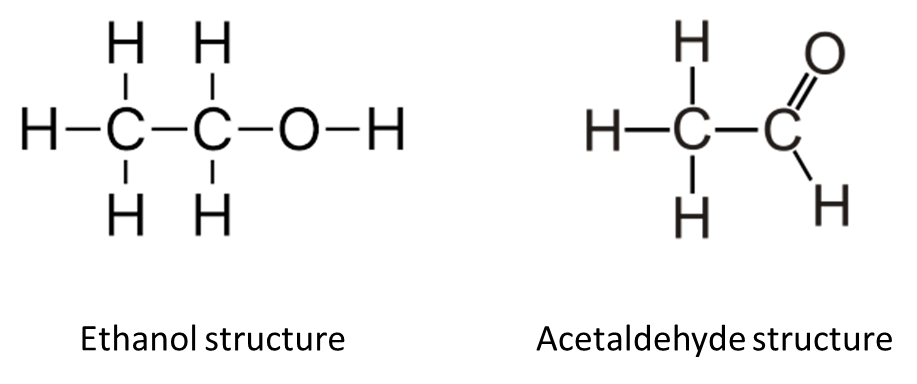
Why is acetaldehyde a concern? Well, it’s a naturally occurring chemical found in a wide range of food, and even created in your own body by its own biochemical processes. It is not considered immediately poisonous. However, experiments show that prolonged exposure to high levels of acetaldehyde could lead to lung tissue damage culminating in the development of cancer. (Note that levels that don’t cause tissue damage appear not to increase the cancer risk significantly.) Further, acetaldehyde is implicated as part of the process that leads to Fetal Alcohol Syndrome (FAS) in exposed fetuses (the acetaldehyde is a metabolic product in the body from ethanol consumed as a beverage).
While the amount of acetaldehyde in technical-grade ethanol is small, Health Canada does not normally consider the concentration suitable for consumer products such as hand sanitizers, based on the theory that we want to keep exposure to potentially harmful chemicals as low as possible. However, since the risk of not having hand sanitizers available is greater during the pandemic, they did make an exception, allowing manufacturers to use technical-grade ethanol as long as the product was labelled with appropriate warnings.
To use technical-grade ethanol in their formulation, manufacturers have to do two things. First, apply to Health Canada and receive a No Objection Letter (NOL), authorizing the formula they want to use. Once this is received, they must label containers with the following extra warnings, beyond the normal consumer labelling:
- Under Medicinal Ingredients: “Ethanol XX% (technical-grade)” (XX being the numerical percentage of technical-grade ethanol);
- Under Directions: “Adults only”;
- Under Warnings: “Do not use on broken or damaged skin,” “Do not use if you are pregnant or breastfeeding” and “Do not inhale”;
- Include a statement for consumers: “Report any incident to Health Canada”; and
- Under Questions: “Call 1-866-234-2345 to report any adverse reaction.”
While this may seem straightforward, it appears some manufacturers have neglected to obtain prior approval or to label the containers correctly. Therefore, Health Canada has issued a recall, ordering companies to stop the sale of these products, until the problems have been remedied, and monitoring the effectiveness of the recalls.
Health Canada has also recalled some sanitizers discovered to be using an even less suitable grade of ethanol, industrial-grade, which may be contaminated with more highly toxic chemicals such as methanol, a known poison that can lead to blindness or death if ingested. Industrial-grade ethanol was not intended for use in consumer products at all.
What should you do if concerned your hard-won sanitizer is suitable for use0 First, check the product name and company against the recalls given in the links above. If it turns out to be a recalled product, stop using it at once. You may be able to return it to where you purchased it, but if not, follow your municipality’s rules on disposing of hazardous waste, such as taking it to a community waste facility. If you have any health concerns, contact your health care professional for advice. Fortunately, if you were using the recalled sanitizers correctly, the likelihood of harm is minimal, but you should replace them with authorized sanitizers as soon as possible.
If you want to ensure you’re using an authorized make of sanitizer, Health Canada has a list of approved sanitizers here.
Need help making sure your hand sanitizer product is compliant? Our regulatory specialists can write your SDS, create the label text for use on your product, and train your team on how to handle, store and ship all of your products.
Did you know ICC the Compliance Center is an “essential business”? We remain open to provide needed support to the transport industry. You can order any supplies on our website, or call us here at 888-442-9628 (U.S.) or 888-977-4834 (Canada). We can take your order and ship it to you safely and quickly. And of course, our regulatory staff is still on the job, ready to assist with any questions you may have about transportation or labelling requirements.
We have all the products, services and training you need to ensure your staff is properly trained and informed.

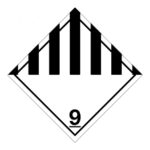
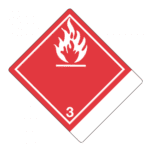
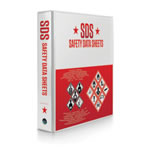


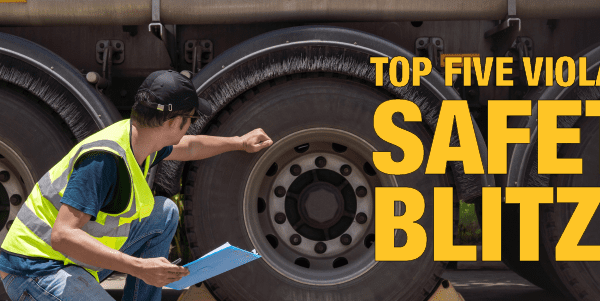


 ICC USA
ICC USA ICC Canada
ICC Canada